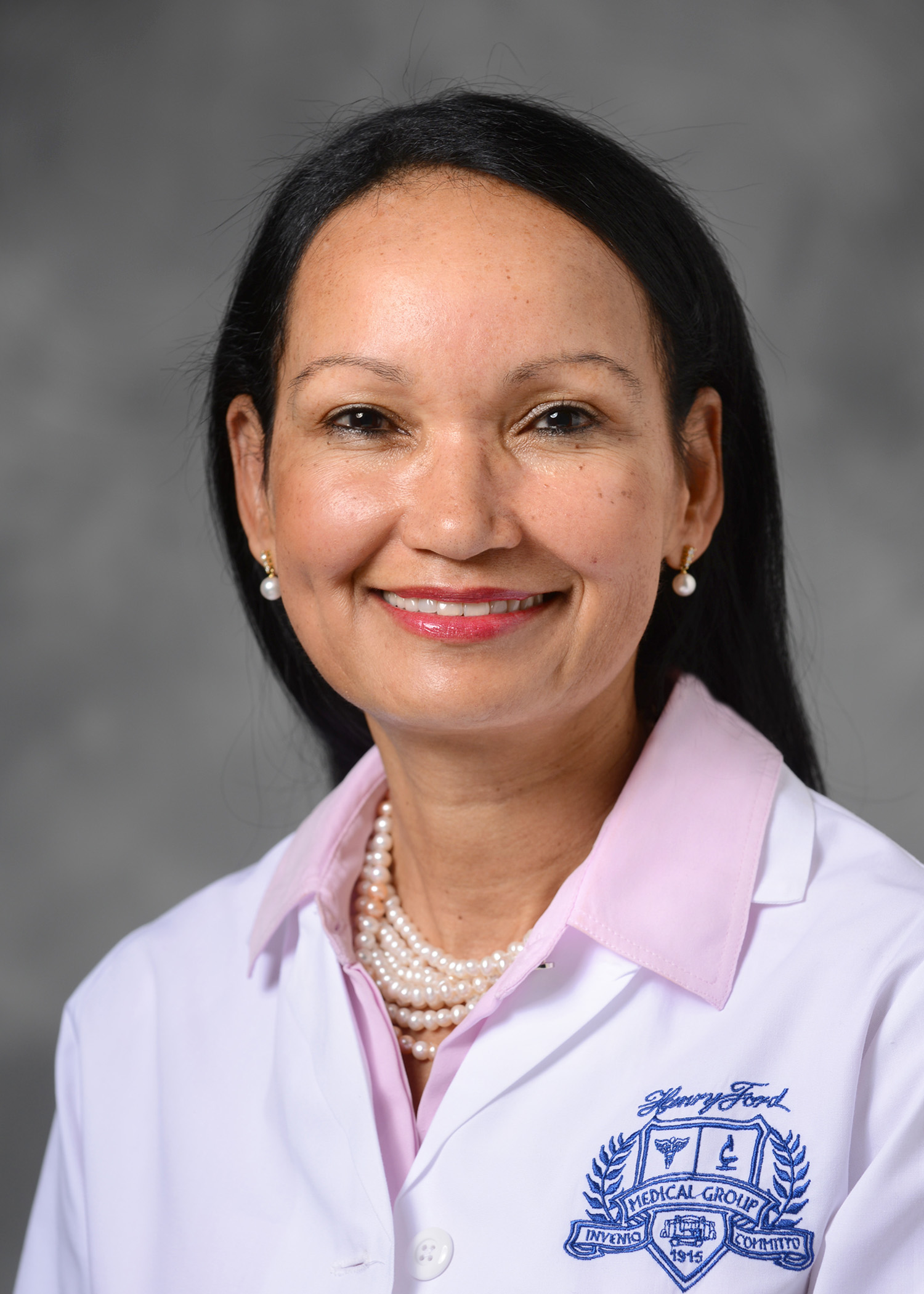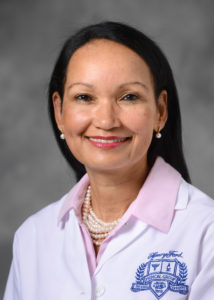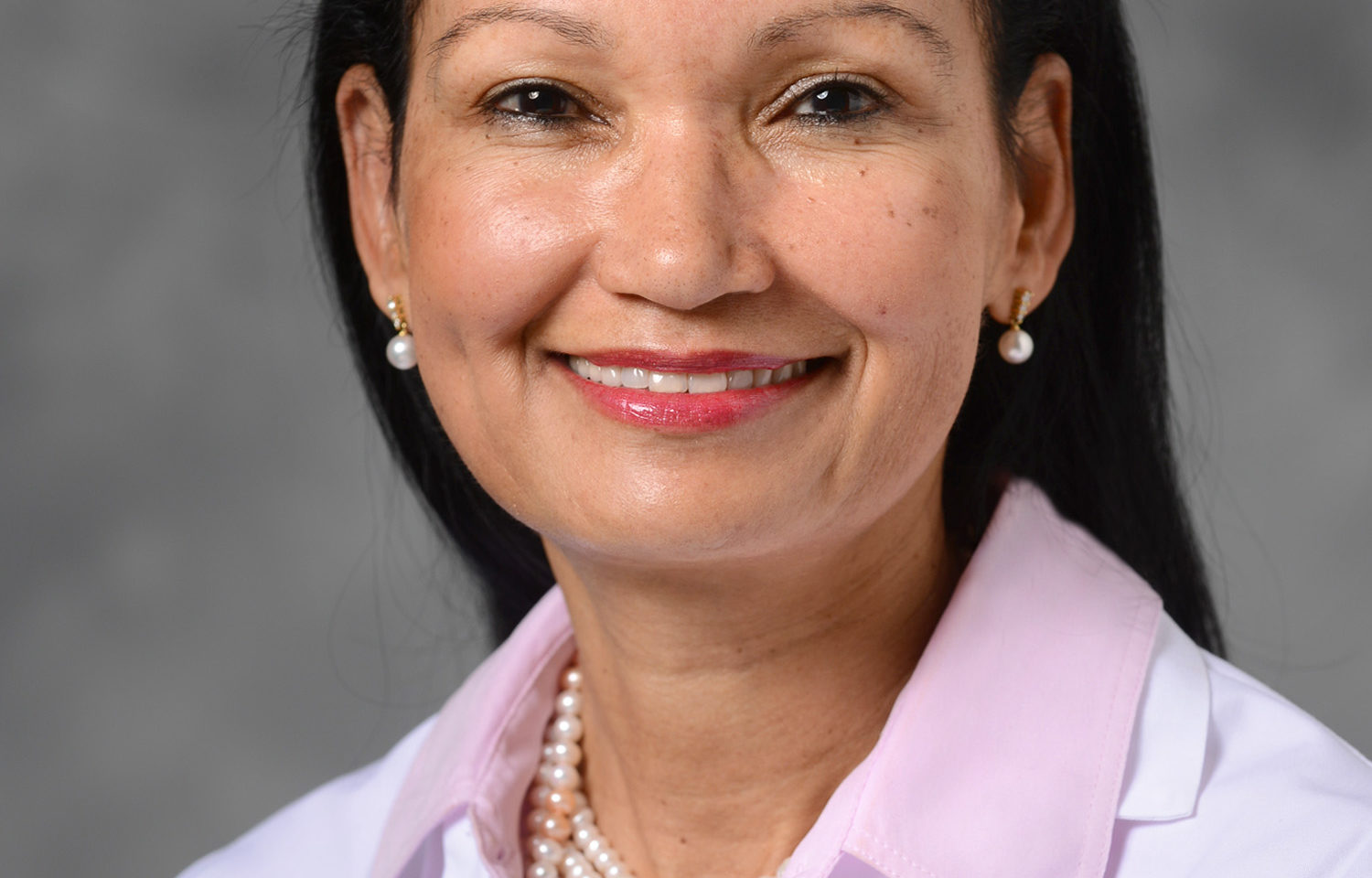
This is the third and final part of our conversation with Lisa A. Newman, M.D., Director of the Breast Oncology Program at the Henry Ford Cancer Institute. Dr. Newman has done significant research on Black women and breast cancer, so we thought it was so important to bring you her insights in a three- part series. This third conversation focuses on the role our genes play in our risks for breast cancer, and, also on Dr. Newman’s research. This is information that can save lives.
Are there any exciting new breakthroughs that you have found in your research that Black women need to know about?
My research has involved studying the breast cancers that are identified in women from different regions of Africa, and comparing them to those of AA and WA women. Through these studies we are looking to identify a genetic signature associated with African ancestry that also increases the likelihood of developing TNBC. Thus far, we have found that TNBC is even more common among women from western/sub-Saharan Africa (as represented by Ghanaian women) compared to AA women; in contrast, women from east Africa (as represented by Ethiopian women) tend to have a relatively low frequency of TNBC.
This suggests that an African ancestry genetic signature associated with TNBC is likely related specifically to western, sub-Saharan African ancestry, since AA and western sub-Saharan African women have substantial shared ancestry as a consequence of the colonial-era trans-Atlantic slave trade. The slave trade from east Africa on the other hand resulted in forced migration of east Africans further eastward toward the Mideast and Asia. AA women therefore have less shared ancestry with east Africans, thereby potentially explaining the disparate frequency of TNBC in AA compared to east African women.
My disparities research has also focused on benign fibrocystic breast biopsies as a risk factor for future breast cancer. It has been recognized for several decades that women requiring multiple breast biopsies for benign fibrocystic changes in their breast face an increased risk of breast cancer in the future. The biopsies themselves are NOT the cause of the subsequent cancers, but the need for multiple biopsies is a sign of “overactive” breast tissue that can develop a cancerous problem later in life.
However, the patients who subsequently develop breast cancer are usually diagnosed with hormone receptor-positive breast cancer. Our research at the Henry Ford Cancer Institute has shown that AA women with a history of past benign/fibrocystic biopsies have a 3-4 times higher risk of subsequent TNBC compared to the WA women with a history of prior fibrocystic biopsies. This is additional evidence of the inherent increased predisposition for the breast tissue of AA women to develop TNBC tumors. Our ongoing work seeks to identify specific biopsy features that may be associated with future TNBC risk. Women found to have these features could then be automatically triaged toward intensified breast cancer screening with MRI in addition to mammography.
Are Black women as impacted by genetic abnormalities as White women? Should we be having more genetic testing and counseling?
AA women who have a strong family history of breast and/or ovarian cancer should also pursue genetic counseling and testing programs to determine whether there is hereditary predisposition for breast cancer in the family.
When genetic counseling and testing programs first became available, there was a common misperception that hereditary cancer susceptibility was less common in AA compared to WA families, and the mutations that were identified in AA families were poorly understood simply because they had not been previously studied in WA families. As more AA families undergo genetic testing we will be able to learn more about hereditary cancer syndromes that are prevalent in families of African heritage. Some specific mutations that are more common among AA families (particularly those with Caribbean background) have already been identified.
 Dr. Newman is a surgical oncologist and with a clinical and research practice dedicated to breast cancer management. In August 2018 she was appointed Chief of the Breast Cancer Disease Management Team within the Meyer Cancer Center and Chief of the Breast Surgical Oncology Programs for the Weill Cornell Medicine-New York Presbyterian Hospital Network, serving its Manhattan, Queens, and Brooklyn sites.
Dr. Newman is a surgical oncologist and with a clinical and research practice dedicated to breast cancer management. In August 2018 she was appointed Chief of the Breast Cancer Disease Management Team within the Meyer Cancer Center and Chief of the Breast Surgical Oncology Programs for the Weill Cornell Medicine-New York Presbyterian Hospital Network, serving its Manhattan, Queens, and Brooklyn sites.


